
The Winds of War
By Storybird

05 Jul, 2023

In ancient China, a great power struggle between the Chu and Han States took place, known as the Chu-Han contention. This tumultuous period marked the transition from the fall of the Qin Dynasty to the rise of the Han Dynasty.

Xiang Yu, a noble of the Chu State, was an intimidating warrior with brilliant strategic thinking. He had an ambition to restore his state to its former glory, making Chu the supreme ruler of China once more.

On the other side, Liu Bang, a local patrol officer from the Han State, was a man of humble beginnings. Despite his lowly status, he was known for his charismatic nature and was admired by many.
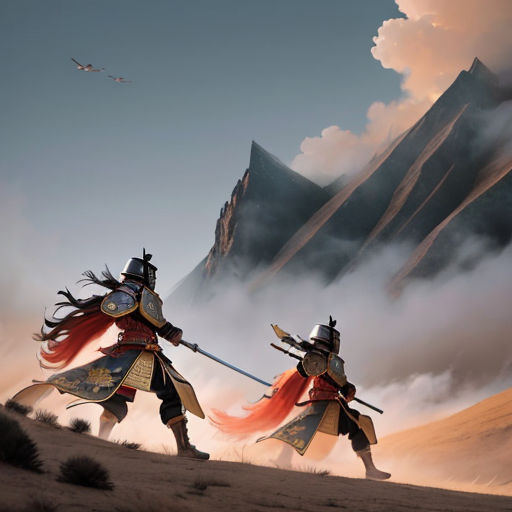
Xiang Yu and Liu Bang first united to overthrow the tyrannical rule of the Qin dynasty. With their combined forces, they successfully brought down the oppressive regime.

However, after the collapse of the Qin Dynasty, a power vacuum was left in its wake, igniting the spark of rivalry between the Chu and Han states for control over China.

Xiang Yu, with his superior strength, divided the land among his allies, declaring himself the "Hegemon-King of Western Chu". He underestimated Liu Bang, giving him the remote and barren lands of Han.

Despite the unfavourable land, Liu Bang was a visionary leader. He treated his people with compassion, winning their loyalty and gradually, the Han State began to thrive.
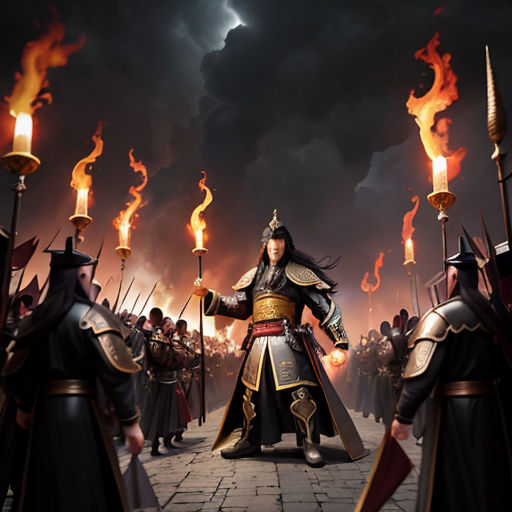
Xiang Yu, in contrast, ruled with an iron fist and enforced strict laws. His brutal reign earned him resentment from his subjects, causing unrest within the Chu State.

Liu Bang, sensing the opportunity, declared war against Xiang Yu. This marked the beginning of the infamous Chu-Han contention, a brutal four-year-long war that swept across China.

The war was fierce, marked with continuous battles, shifting alliances and numerous betrayals. The scales of victory swung back and forth, making it impossible to predict the outcome.

Xiang Yu, with his superior military strength and strategic prowess, initially had the upper hand. He held dominion over most of the Central Plains, while Liu Bang's territory was still relatively small.

However, Liu Bang was a shrewd and resourceful leader. He managed to align himself with other discontented kingdoms, gradually growing his power and influence.

He also leveraged his popularity among the people and their loyalty to him. This led to the recruitment of a large army, offering a formidable challenge to the superior forces of Xiang Yu.

In a decisive battle at Gaixia, Liu Bang's forces trapped Xiang Yu. Despite his best efforts to break free, Xiang Yu was outnumbered and hopelessly surrounded.
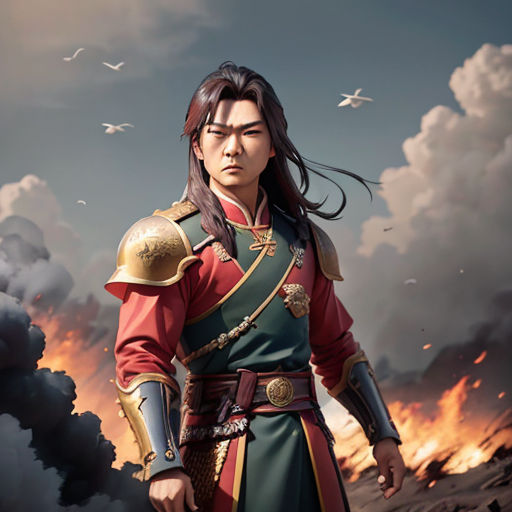
The Battle of Gaixia marked the end of the Chu State's dominance. Liu Bang emerged victorious, but instead of seeking revenge, he offered Xiang Yu an opportunity to surrender and live.
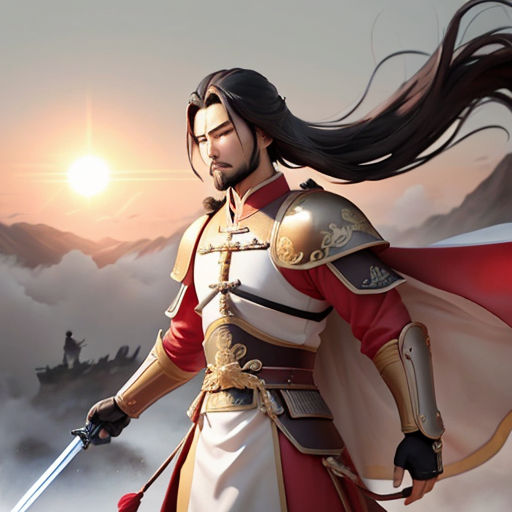
Xiang Yu, however, chose to end his life rather than living in ignominy. His death marked the end of the Chu-Han contention, leaving Liu Bang as the unquestioned victor.
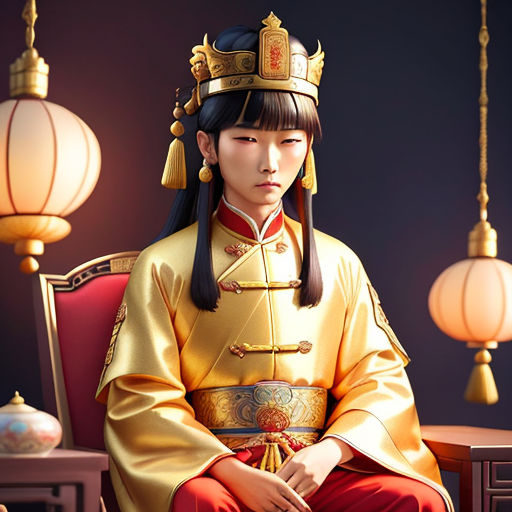
With his victory, Liu Bang unified China and founded the illustrious Han Dynasty. He took the title of Emperor Gaozu and ushered in an era of relative peace and prosperity.

The Chu-Han contention is a testament to the transformative power of leadership and strategy. It underscores the essence of compassion, vision, and resolute determination in overcoming adversity.

Liu Bang's rise from a commoner to an emperor resonates as a tale of hope and perseverance. His rule over the Han Dynasty brought about significant changes that shaped the course of China's history.

The legacy of Liu Bang persists even today. His influence helped shape the distinctive characteristics of the Han people, who are now the major ethnic group in China.

The Chu-Han contention was not just a power struggle; it was a defining moment in Chinese history, marking the dawn of a new era. It laid the foundation for the Han Dynasty, which would go on to become one of the most influential dynasties in China.

The tales of Liu Bang's compassion and Xiang Yu's gallantry endure, serving as a reminder of the timeless principles of leadership, resilience, and the pursuit of a vision, even in the face of insurmountable odds.
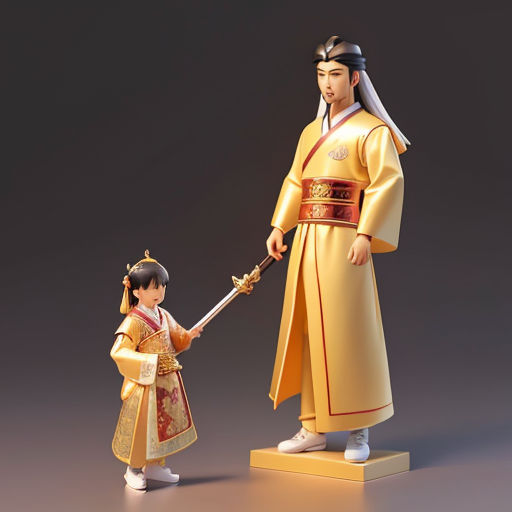
While Xiang Yu's fall underscores the perils of tyranny, Liu Bang's rise affirms the importance of justice and benevolence in leadership. These historical narratives continue to inspire and offer lessons in modern times.

The story of the Chu-Han contention is indeed a significant piece of Chinese history. It encapsulates the spirit of a time when brave warriors, shrewd strategists, and compassionate leaders shaped the destiny of a nation.

From the ashes of chaos, a new era dawned, brought about by the unwavering courage, astute vision, and relentless determination of those who dared to dream. Such is the legend of the Chu-Han contention.